
Pam Bondi Plows Past ‘Paperwork Mistake’ To Revive Criminal Prosecutions Against Letitia James and James Comey
By A.R. HOFFMAN
|The game is played worldwide, and nowhere more assiduously than in Northeast Asia.
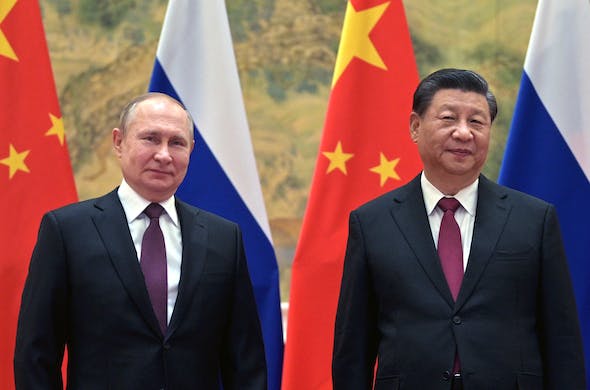
Already have a subscription? Sign in to continue reading
$0.01/day for 60 days
Cancel anytime
By continuing you agree to our Privacy Policy and Terms of Service.

By A.R. HOFFMAN
|
By ADRIAN NGUYEN
|
By BRADLEY CORTRIGHT
|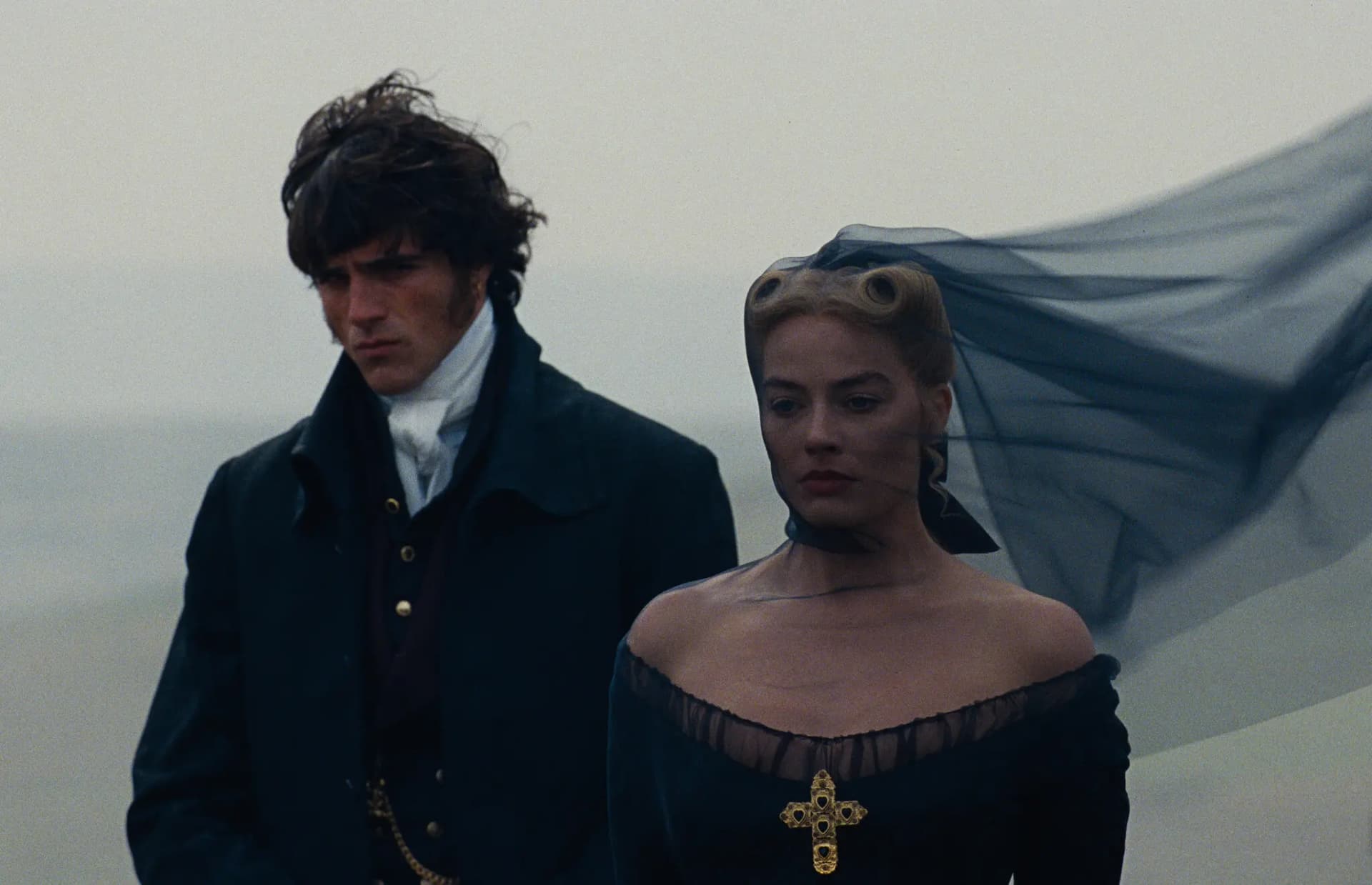
By A.R. HOFFMAN
|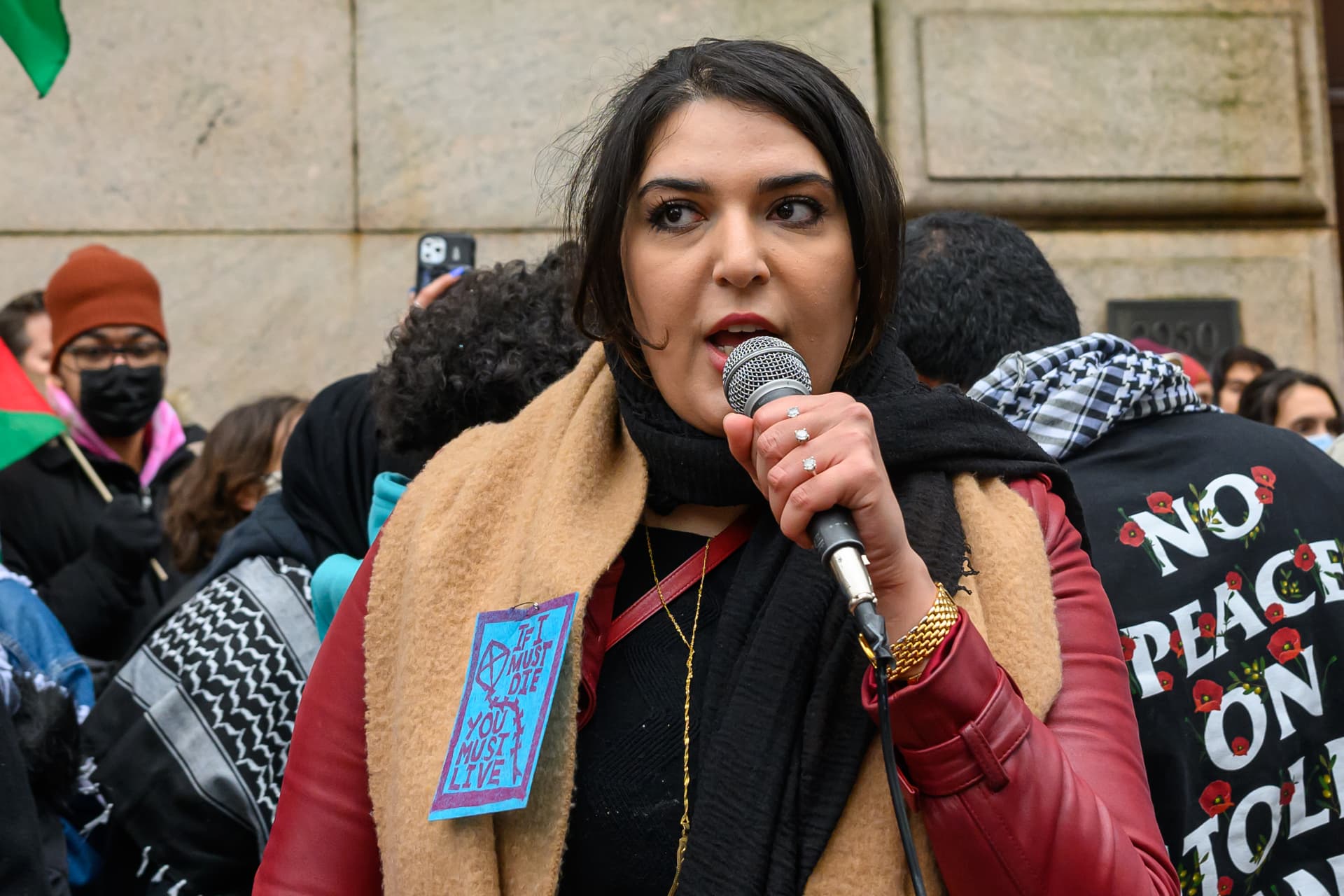
By NOVI ZHUKOVSKY
|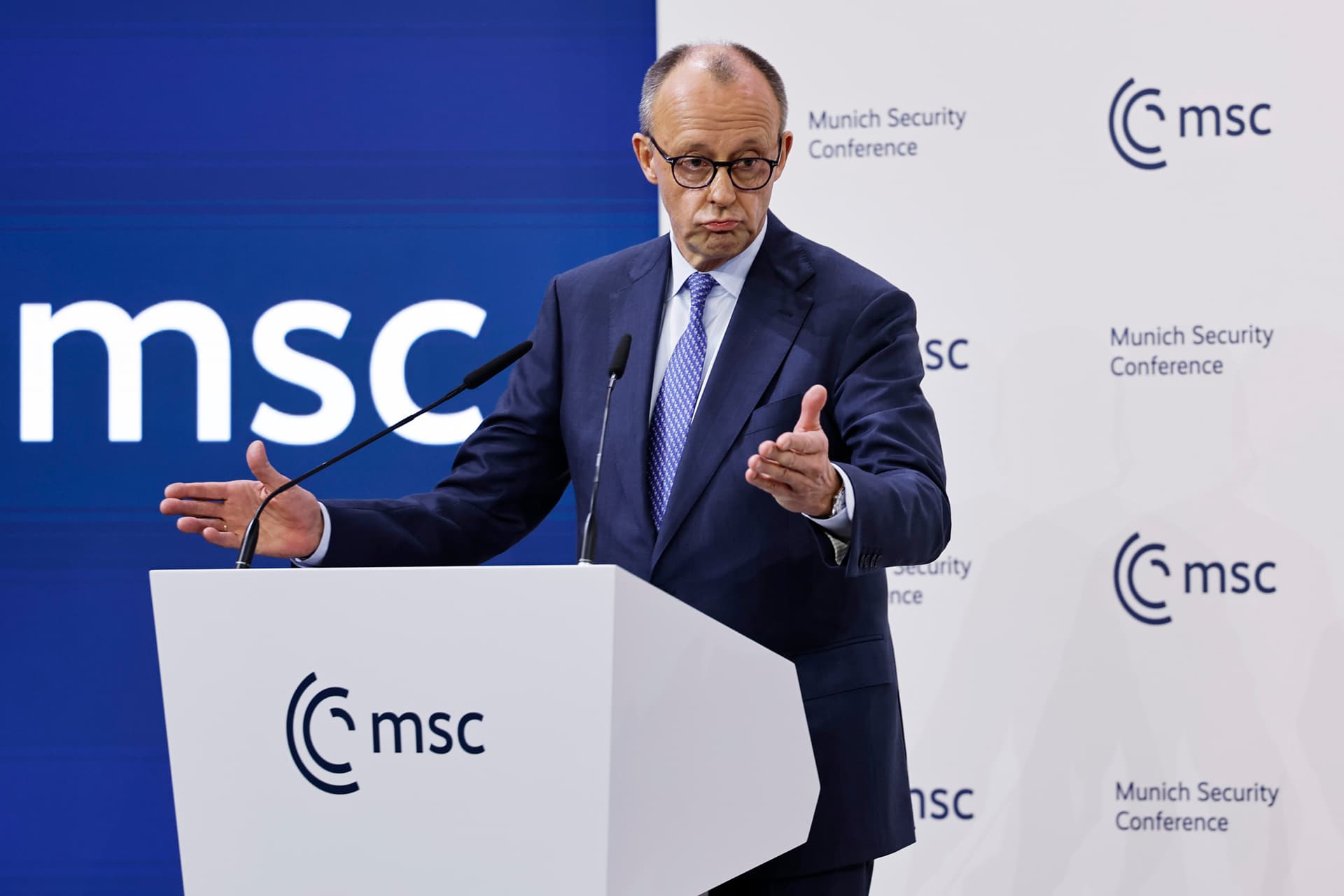
By THE NEW YORK SUN
|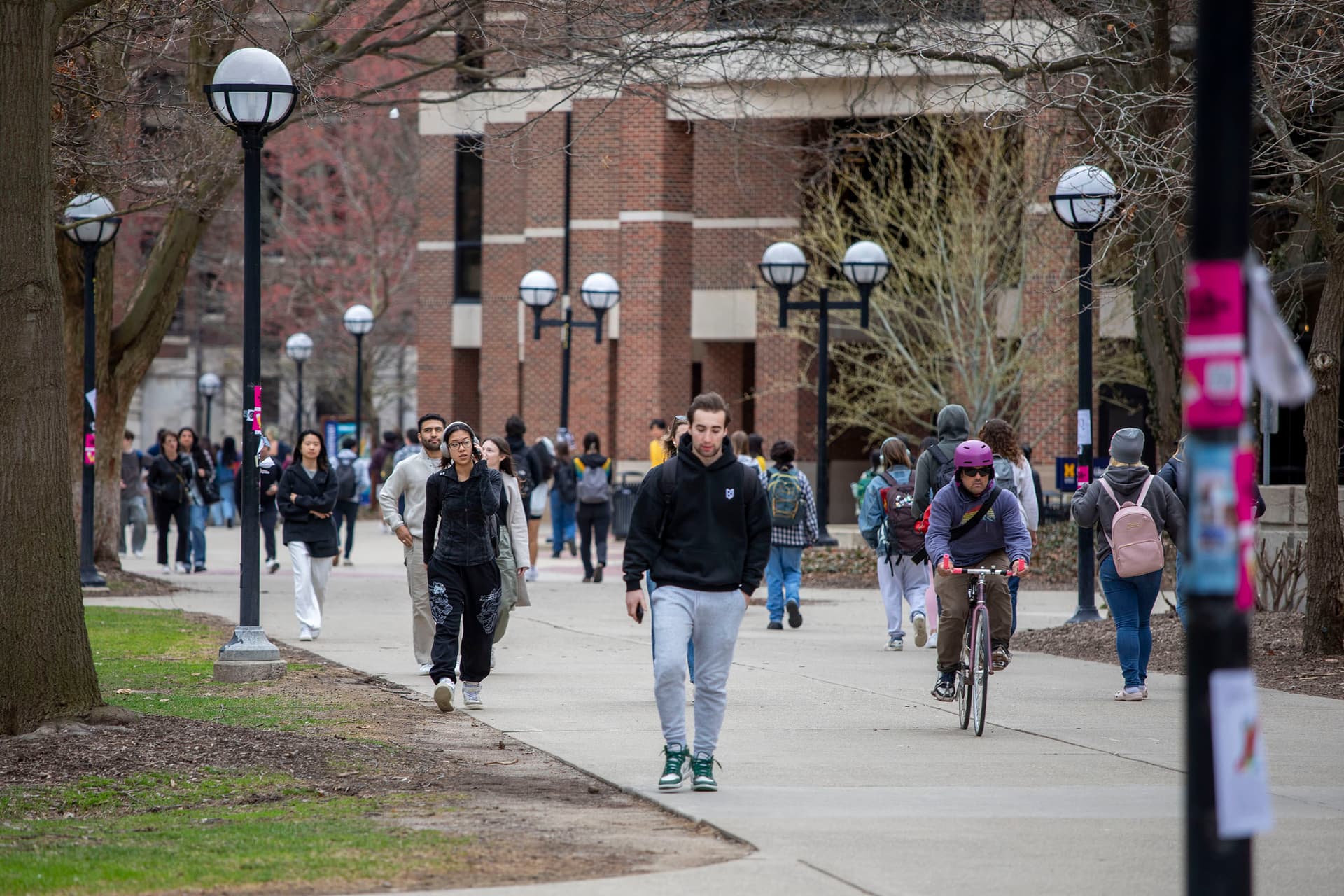
By BRADLEY CORTRIGHT
|
By LUKE FUNK
|